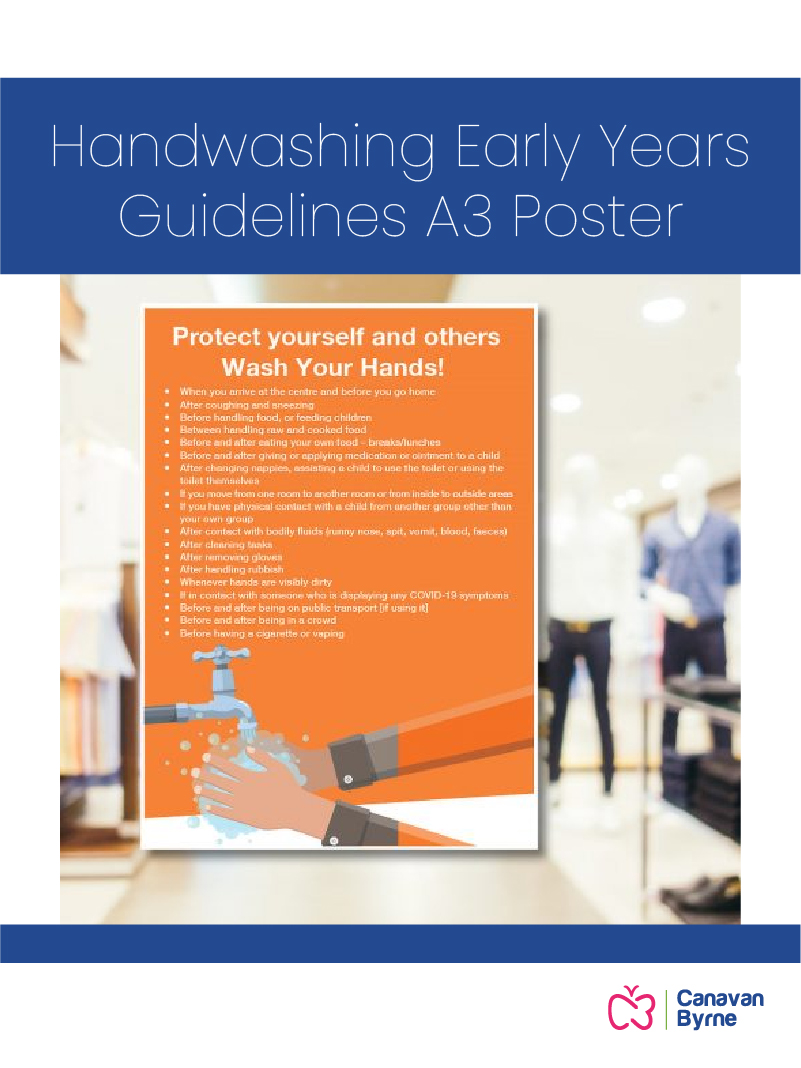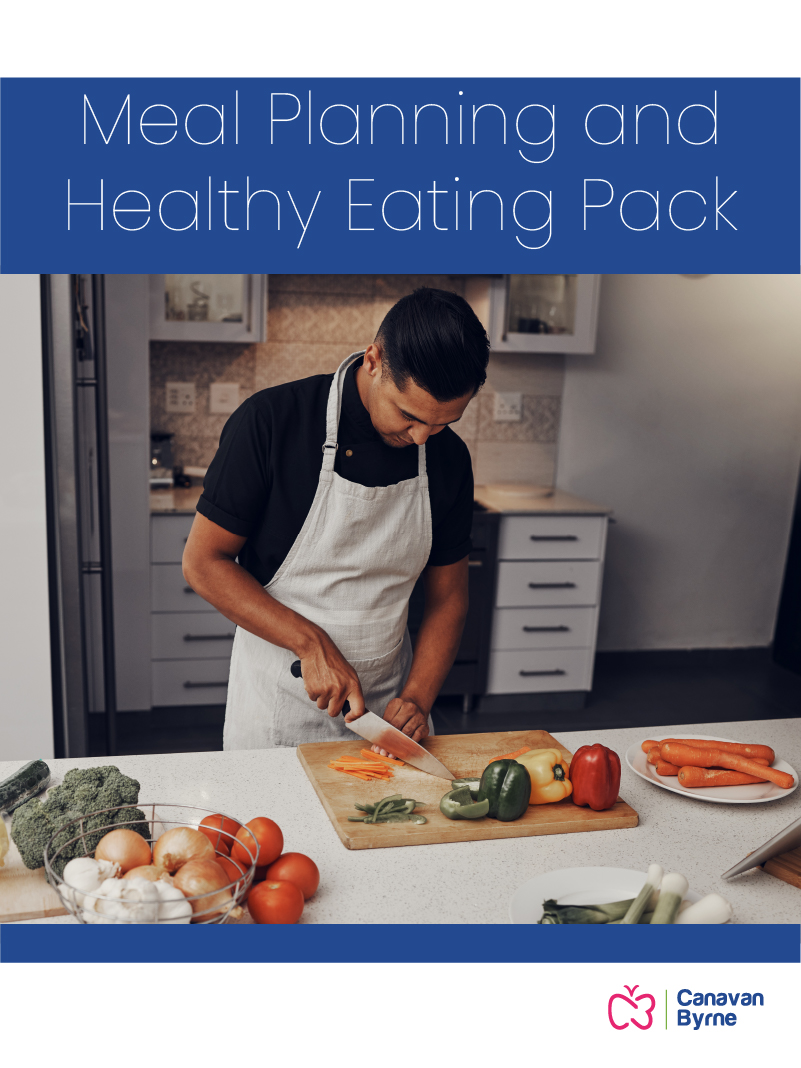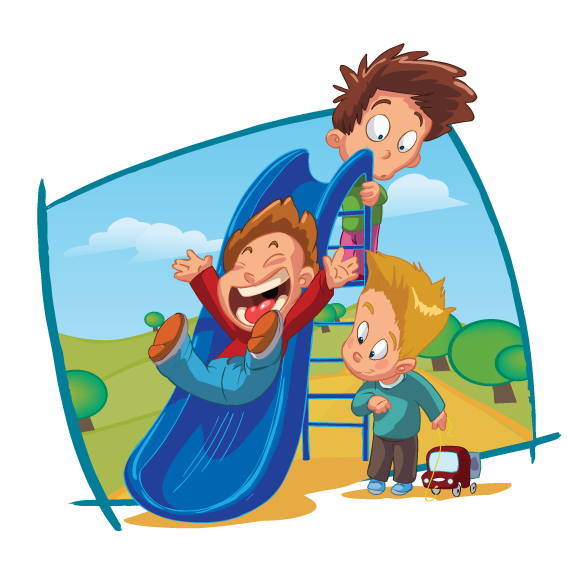Food and Nutrition is an important part of running an early years service. As a registered provider, services must ensure that all children attending the service receive a nutritious and varied diet. This should take the children's own individual needs and preferences into consideration. Non-compliance in this area is common.
It is important to ensure your staff know their roles and responsibilities in relation to food, nutrition and healthy eating. Staff should be HACCP trained if cooking food. If staff are handling food (including helping children with their lunch boxes) they should have basic food hygiene.
Check out suitable e-Learning courses such as the Food Safety HACCP Level 2 course and the Food Safety Essentials Course over on the Canavan Byrne website. As these are e-Learning courses they can be done at anytime and at your own pace. Each course includes a certificate at the end of the course.
Food and Nutrition Tips for Your Service
- Have a policy that covers all the key areas as outlined in Tusla’s Quality and Regulatory Framework.
- Ensure adequate portion sizes are available for children. The food should be suitable for the age and stage of development of the child. There should be enough food supplied to cover the number of hours the child is in the care of the service.
- Children in Full Day Care – that is, for more than 5 hours – should have at least two meals and two snacks offered to them, one of which is a hot meal. If a child does not want the food offered for any reason, a healthy alternative must be offered so be sure to have contingency food in stock.
- Children in Part Time Day Care for up to a maximum of a 5-hour session must be offered at least two meals and one snack. It is not necessary to have a hot meal.
- Children in day care for up to a 3.5-hour session must have one meal and one snack.
- Water should be accessible at all times and the only drinks to be offered are water and milk.
- Meals should be the proper texture for the age and stage of the child
- Implement a system where all food and drinks brought from the child’s home are identifiable to the child.
- Special occasions like birthday parties are in line with the service’s policy on healthy eating.
Remember it is important that children have a varied diet. Variety means eating a wide selection of foods. Every food has some nutritional goodness to offer in the form of energy, protein, fat, vitamins or minerals. Meals should be balanced, in accordance with the Food Pyramid. For more information on appropriate food, meal plans and recipes, designed by a dietician, check out our Meal Planning Pack.






